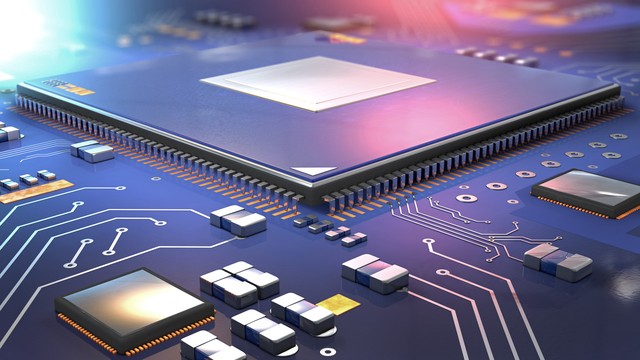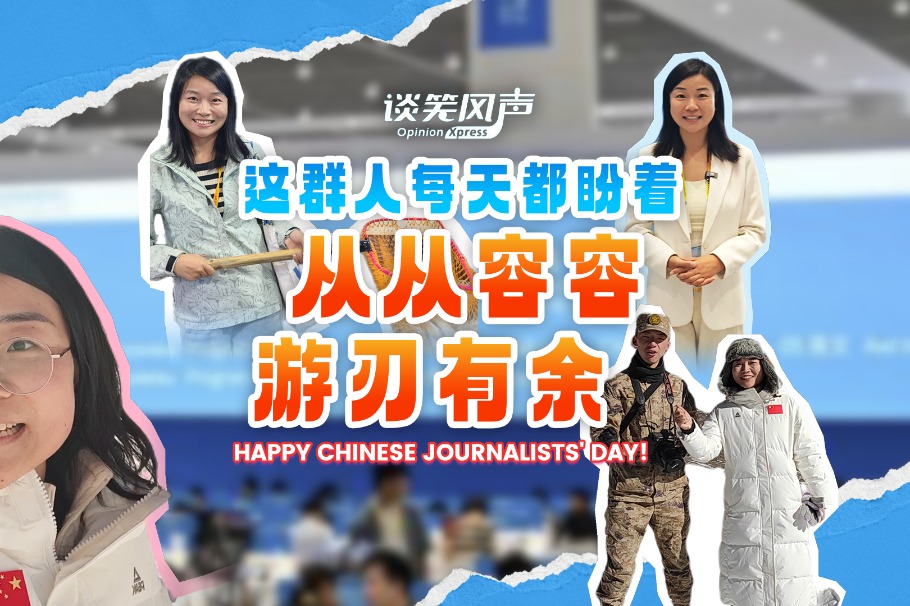US cutting the chip branch it is sitting on


The financial report of the Netherlands-based lithographic machine giant ASML makes for some interesting observations. An unprecedented 46 percent of its sales revenue for the first three quarters of the year, or about €3.1 billion ($3.26 billion), came from the Chinese mainland, 31 percentage points higher than last year.
It's also noticed that ASML's new orders for the third quarter of the year are only €2.6 billion, much lower than the €4.5 billion widely expected by the market, which everyone knows has much to do with the limitations on export imposed by the United States.
Consequently, the Dutch government set limitations on lithographic machine exports effective from Sept 1. Under the new rules, ASML must apply for an approval to ship its products out of the border. Further, the US government announced on Oct 17 that it is imposing a tighter limit on advanced chip exports that will come into effect 30 days later. US GPU giant Invicta also said its products were affected.
That's a major dilemma for some high-tech Western companies. They want to continue trade with China for revenue while China wants to continue trade for higher efficiency, but some powerful politicians with Sinophobia don't want the trade to continue for their political reasons. By trying to curb China from developing its technologies, some Western politicians are hurting themselves.
Like with most other industries, division of labor ensures efficiency in the semiconductor industry. By selling their machines to China, Western companies make money that covers their research costs, while China pays to buy these machines instead of investing in research. That makes perfect business sense, without any side prevailing upon the other. But by limiting such trade, some Western politicians are forcing China to spend more money on research, which will, in the long run, harm their own companies' business and revenue.
Those trying to hold the neck of the Chinese semiconductor industry are also holding their own necks.

































